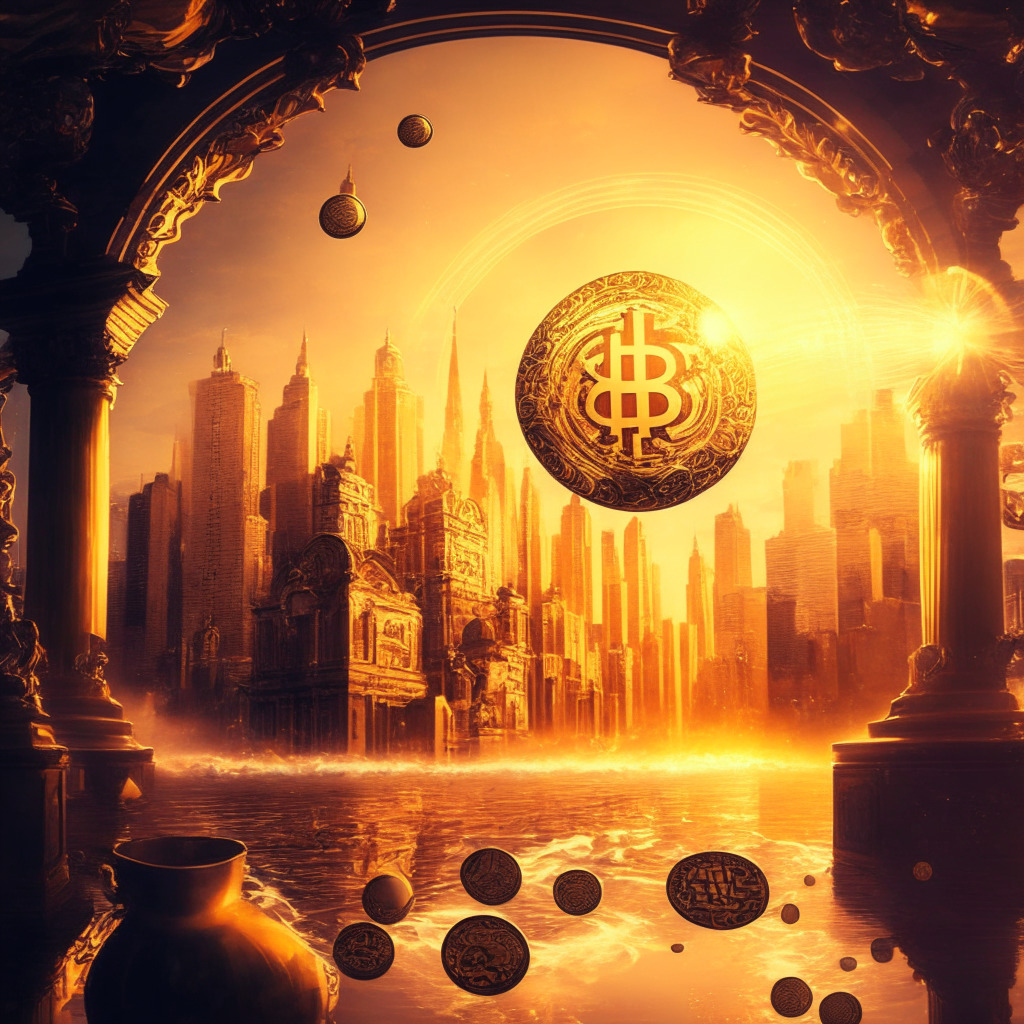Blockchain technology, the invisible engine powering the vibrant ecosystem of cryptocurrencies, has been hailed as an innovation with the potential to revolutionize numerous sectors. Forecasts are teeming with optimistic visions of a future where the ledger technology disrupts industries from finance to healthcare and education. Yet, a spell of skepticism remains to cool the zest, as people wonder if blockchain is a bulletproof solution, or another over-hyped bubble.
A primary allure of blockchain is its promotion of decentralization which promises a future free from intermediaries, such as banks or government agencies. Envisage a world where you can directly send BTC to anyone across the globe without a bank functioning as a middleman. This vision is already being actualized with the advent of decentralized finance (DeFi) platforms like Binance.
Simultaneously, blockchain is hailed for its transparency, data integrity, and traceability. Businesses can use it to track products throughout their supply chain, eliminating the lurking menace of counterfeit goods. Moreover, as every transaction is recorded in immutable blocks, trust is established without the need for third-party validation.
On the other hand, due to its distributed nature, incorrect entries verified by a network node in a blockchain are difficult to alter, leading to potential irreversible damages. Additionally, while the increased level of security is a commendable asset, the absence of a centralized entity leaves a user no recourse if their digital wallet is hacked or access lost.
The environmental footprint of blockchain technology, particularly those that rely on energy-intensive proof-of-work algorithms like Bitcoin, is an aspect that requires earnest evaluation as well. Elon Musk‘s recent critique of Bitcoin’s high energy consumption underscores the gravity of the issue.
Lastly, as with many emerging technologies, the regulatory landscape for blockchain is murky. Governments around the world are grappling to strike a balance between encouraging innovation and ensuring consumer protection. The fallout from inadequate regulation can have serious implications as evidenced by the infamous DAO hack.
So, as we forge ahead into the era of decentralization, the question is, are we ready for blockchain? Despite the teething troubles, the potential advantages of this game-changing technology almost appear to outweigh its drawbacks. Yet, whether the implementation of blockchain will truly bring about a revolution or instead a chaotic disruption, is a tale only time will tell. The inevitable juxtaposition of potential and pitfall paints an exciting, albeit uncertain future for blockchain technology.
Source: Cryptonews




